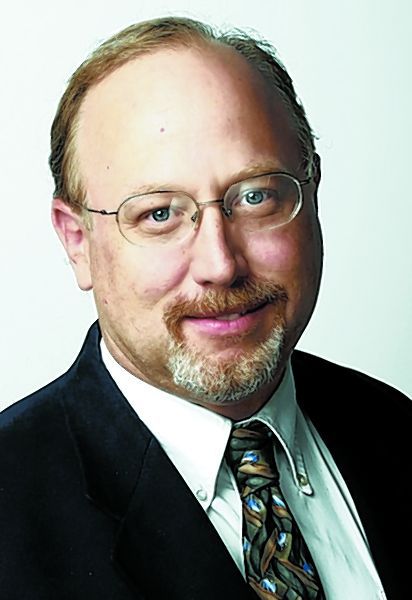People with sense run away from politics
Published 12:00 am Friday, February 14, 2014
RALEIGH — I often wonder whether all the partisan nastiness and money-grubbing that goes on in politics these days is increasingly leaving the political world, both nationally and at the state level, to know-nothings and rascals.
When you hear defenders of the current system speak as if the landscape is all good, that gobs of money ought to be spent when important policy decisions are at stake, that political polarization is about competing ideas, you won’t hear them mention the dumbing down of the political class as a potential consequence.
But I’m not sure what other explanation suffices for some recent events and matters that have come to my attention.
Just the other day, I received an email, sent either by a legislative candidate or his campaign helper, referring to the legislative district as a “State House Congressional District.”
Now, maybe it is just me, but if you aren’t sure whether you are running for the legislature or Congress, maybe you shouldn’t be running. Otherwise, if you win, you might be surprised when you show up in D.C. to be sworn into office.
About the same time, I saw a sitting state legislator go on statewide television to brag about how North Carolina is eighth in state public school funding, implying that any funding deficiency was the fault of local government. He went on to tell viewers that “the newspapers” will try to tell you something else. Wink, wink.
What “the newspapers” might tell you is that the gentleman has little understanding of state history or the funding structure of the state.
If he did, he might know that during the Great Depression, when local governments in North Carolina and across the South were going bankrupt, the legislature assumed responsibility for the operational costs of the public schools. The 1931 and 1933 legislatures passed laws that specifically laid out those duties. The 1933 law made clear that the operational support was to be without the use of the local property tax.
Other states have different taxing and funding structures. None of that changes the fact that, on a per pupil basis, North Carolina’s total public school funding currently is near the bottom and state government is ultimately responsible.
A few days later, I watched as the head of a political organization proved that he knows nothing about politics.
The decision by Randy Voller, the chairman of the state Democratic Party, to fire an executive director steeped in political party organizing and try to replace him with controversial civil rights leader Ben Chavis proved predictably divisive among the party activists.
It also proved, once again, that Voller has no clue what a modern-day state political party organization is or what a chairman’s role is in it. (Here’s a hint: Go ask former state GOP chair Tom Fetzer.)
A lot of people might conclude that these events are disconnected.
But maybe they are symptoms of the same illness, that politics is being all but abandoned by anyone with good sense.
Scott Mooneyham writes columns for Capitol Press Association.


